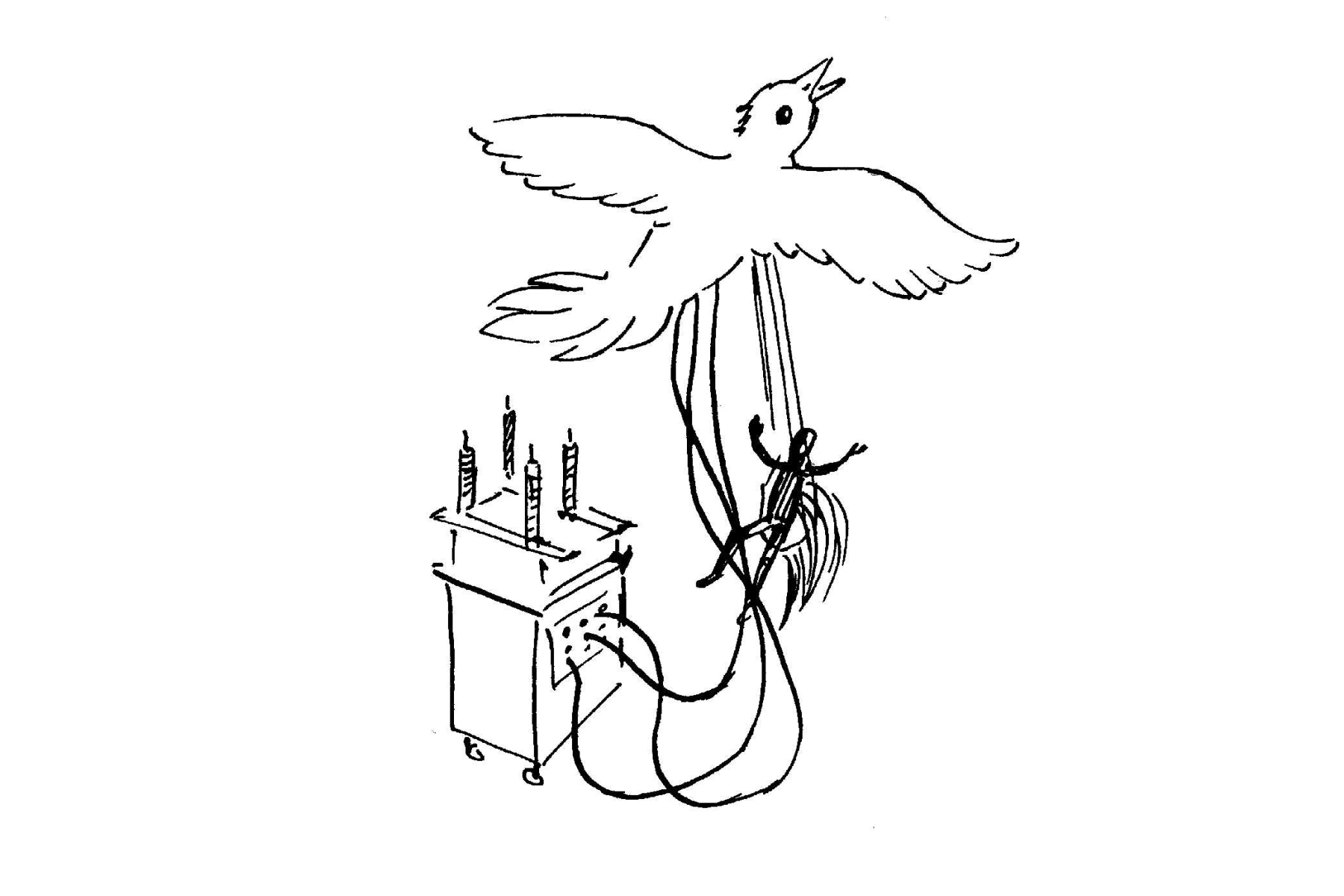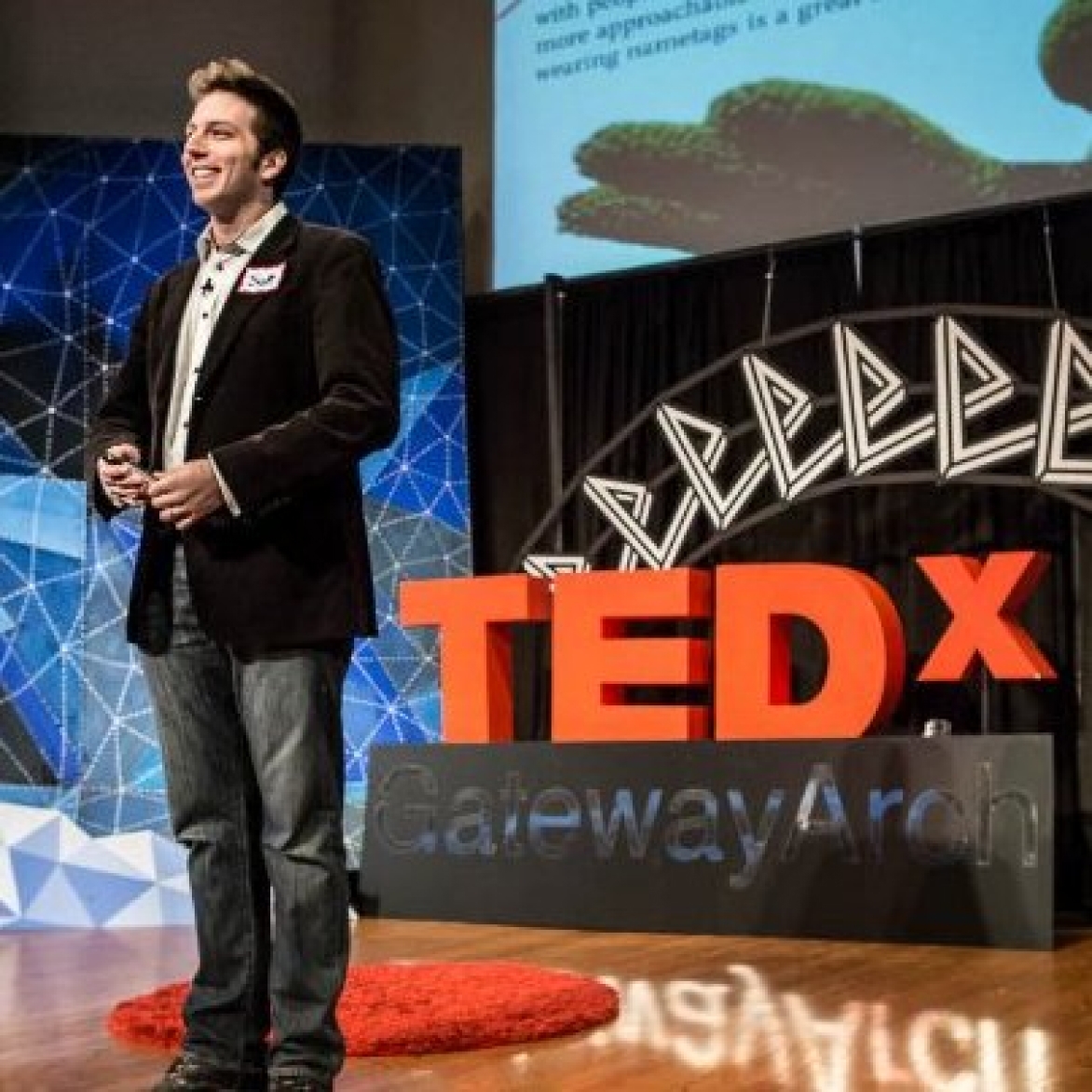
The Context
We're too close to ourselves. We don't have the eyes to realize our deepest value. At least, not in the moment. It's only in retrospect that we discover who we really are. Think about an incident in your life when you spontaneously and nonchalantly demonstrated a skill. One that you'd been practicing for years, but you didn’t realize it was a superpower until somebody told you. Maybe it was an athletic movement, a creative expression, an empathetic interaction, a mathematical calculation, and so on. Point is, somebody looked at you in awe and asked, how the hell did you just do that? And you have no idea. Your unconscious competence was just doing its thing. And that which we do well, we do not think about. But what if you did think about it?
The Tool
Deconstructive Learning
DECONSTRUCTIVE LEARNING — Attaching introspection to action to understand the full extent of your capabilities so you can replicate your success
What if you invested some additional awareness into your own experience? Might that transform even the smallest events into breakthroughs in thinking and action? Absolutely. It's called deconstructive learning. You attach introspection to action. You do things, and then after the fact, you pause to characterize, as much as possible, the full extent of your capabilities, revealing all of your powers, subtleties and limitations to yourself.

Scott's Take
Let me share a case study on deconstructive learning from the first few years in my career as public speaker. Immediately after each presentation, I would conduct post mortems. Nothing overly formal, just a quick brain dump of learnings from that performance. What killed? What bombed? What surprised me? What surprised the audience? Standup comics are known to do this kind of thing after their sets each night. Now, my ritual of reflection only took about ten minutes to do. But it paid dividends in the short and long term. First, it forced me to boil my presentations down to their component parts, both technically and thematically. By noticing and naming what had just happened abstractly on stage, it made it easier to replicate that more systematically in the future. Secondly, each post mortem allowed me create my own language to capture the nuance I was seeing that made me good at my job. It expand my working vocabulary about the numerous ways I created value as a presenter. And that gave me inspiration motivation to continue my professional journey, even when the speech bombed. This ritual of reflection, executed dozens and dozens of times in my first few years as a public speaker, exponentially increased my skills as a performer. They tripled my learning. What's more, they trained my brain to develop a personal framework for acquiring, encoding and exploiting knowledge itself.
The Rest
Whatever creative performing you do, incorporate a practice deconstructive learning on a regular basis. Attach introspection to action to help understand the full extent of your capabilities. Perhaps the original mantra could be changed to, that which we do well, we must think about it. What is the framework or thinking or experience you've built up that allows you to do what you do?
The Benefits
Turn small events in breakthroughs in thinking and action
Repeat your creative successes more systematically in the future
Expand your vocabulary about the ways your work delivers value
Exponentially increase your skill level in a short period of time